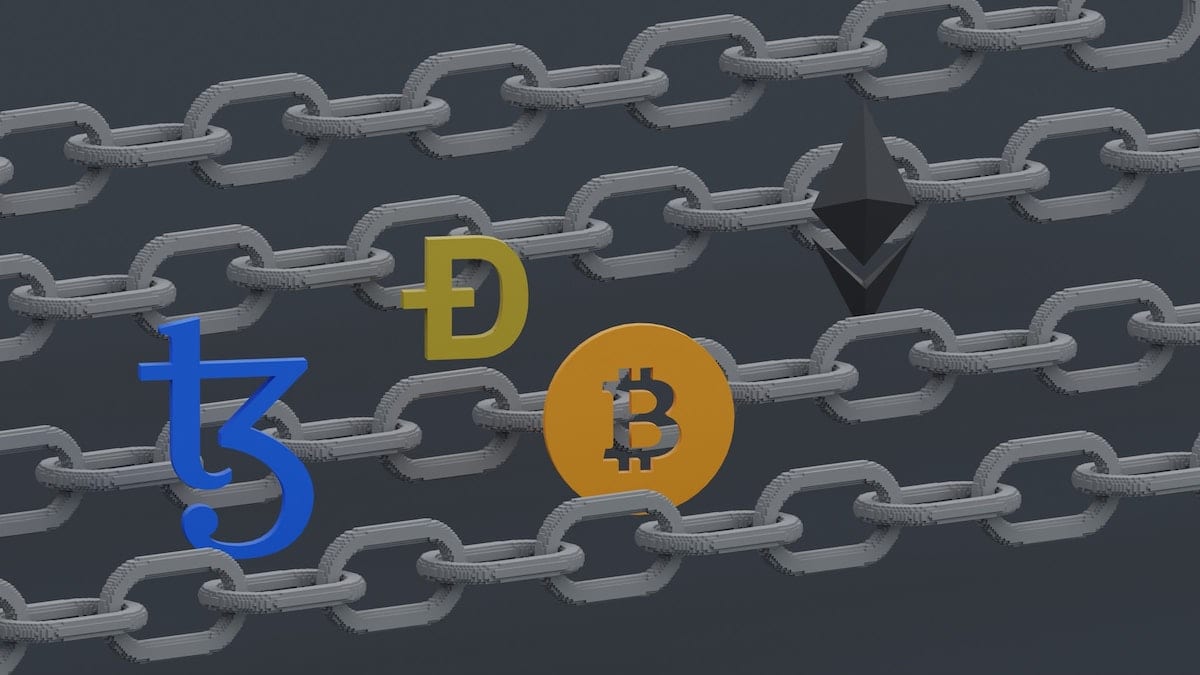Some of the most valuable assets in different industries reside where the technologies and institutions needed to trade them are unavailable. You can check http://bitcode-ai.live/ to get an automated trading experience by accessing the best-in-class trading bots and trading strategies. Blockchain is a protocol that can revolutionize asset tokenization, connecting disparate systems, facilitating secure global trade, and reducing barriers to entry into markets long dominated by major global corporations.
Blockchain provides a global medium for executing trades with instant settlement periods at near-zero transaction costs (or even negative). The instant settlement gives investors confidence that they’ll receive their returns on investments immediately, no matter where they live in the world. As a result, Crypto assets connected and settled on the blockchain are rapidly gaining attention as a new asset class.
More than just digital currency, blockchain-based tokens can represent all types of assets, from physical commodities to intellectual property (IP). While Bitcoin has received most of the spotlight, more and more tokens based on Ethereum’s blockchain platform have emerged as viable alternatives for creating real-world assets. Blockchain has the potential to make a trade and other economic relationships much more accessible. Let’s discuss how blockchain is revolutionizing the tokenization of assets.
Non-Fungible Tokens:
Non-fungible tokens are a relatively new type of crypto asset gaining traction, and experts believe they are the future of digital asset ownership. Non-fungible tokens (NFTs) differ from fungible assets like Bitcoin because a token ID number can uniquely identify every NFT. In contrast, every Bitcoin has an identical value, and users can track only different balances. As a result, an NFT is often referred to as a “crypto collectable” since each tokenized item is unique, provably rare and wholly owned by the holder of record — similar to a baseball card or action figure.
Blockchain has eased the tokenization of every asset:
Blockchain can also improve the tokenization of substantial financial value. Rather than being restricted to a few industries, such as real estate, blockchain is developing into an industry-agnostic protocol that can define and expand on proven use cases.
The tokenization of assets — physical commodities like gold bars or intangible forms of intellectual property like music or software — creates a new economy where trade and ownership are not easily distinguishable. Blockchain-based tokenization has already debuted in the music industry, where blockchain start-up Ujo is working with Sony Music to develop a global platform for the management, distribution and monetization of songwriting rights.
The exact mechanisms are also being used to tokenize physical assets like precious metals and food. For example, a blockchain start-up is using its technology to track the timeliness of food commodities and assure farmers that their goods have been rightfully processed. A functional application of this technology is also in the works to create a tradeable consumer good with unprecedented supply chain management transparency that discourages product fraud and theft.
What are the benefits of tokenization with blockchain?
Broader Investor Base and Enhanced Liquidity:
Investors generally find blockchain-based tokens less risky than traditional equities and corporate debt. Tokenization opens a new world of opportunity for smaller investors to own a piece of assets that may have been previously closed to them entirely or prohibitively expensive to purchase in the past. For example, if Tesla wanted to issue shares to the public, it would have to rely on a stock exchange such as NASDAQ or NYSE. The company would need to file paperwork with regulators and pay $500K in fees per quarter per exchange listing.
Blockchain tokenization allows companies like Tesla with unmet demand for their products to raise money through token sales directly from their customers. The traditional equity model for companies like Tesla is a bottleneck through which billions of dollars in investment demand could be unlocked and traded on the free market. By empowering companies to reach their most comprehensive investor base, blockchain can democratize capital markets and increase the value of securities.
Automation of Transactions:
Blockchain technology can automate many of the processes associated with investment management, including transaction monitoring, auditing, and reporting. As a result, it simplifies the process and reduces operational costs for investors who manage their portfolios. With blockchain-based transactions, users can execute trades 24/7 and view all transaction information in real-time.
Clear Title or Ownership:
The lack of clear titles for many properties makes them one of the most difficult to manage. Blockchain can create a secure, immutable, transparent, and auditable record of ownership tied to each property, such as a car or apartment, that is in motion permanently. It would allow users to keep track of the location and status of their assets in real-time, which could increase transparency and decrease fraud. I
Secure Trade:
Crypto tokens can significantly increase security against counterfeiting by providing end-to-end encryption and international provenance. In addition, Crypto tokens are much more resistant to fraudulent use than paper cash because they cannot be copied or counterfeited. These digital assets have been associated with pseudonymity, privacy, rewards programs and cryptography.


